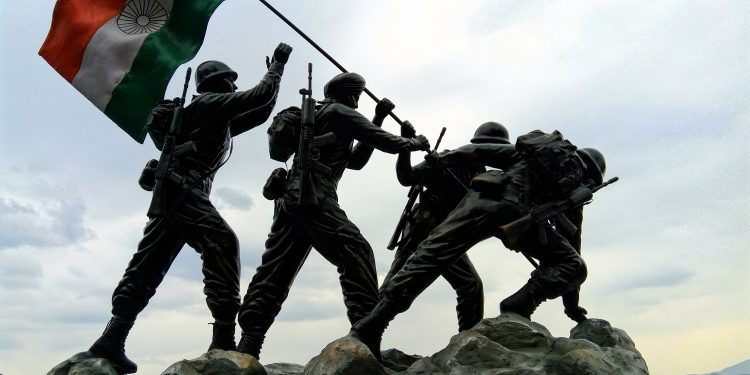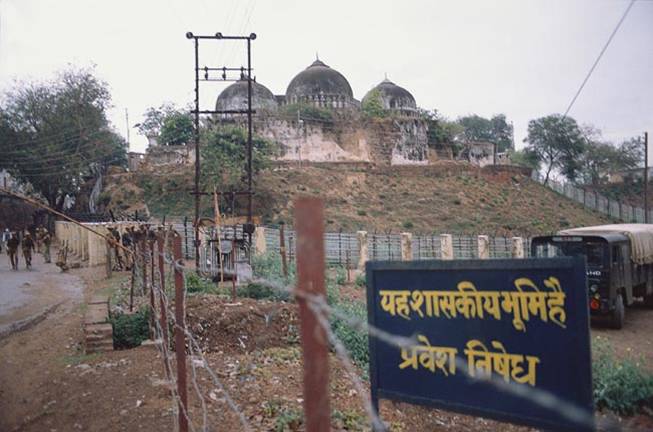Implications of Communalism Through 70 Years of Independence

“We will not tolerate violence in the name of faith,” Mr Modi said before a teeming crowd at the fort and a huge television audience. Since independence, communalism has formed an integral part of the national discourse of India. The large scale of communal atrocities taking place during independence were solely responsible for destroying the triumph and celebration of independence in 1947. The Partition of India and the endless miseries it caused were a rough start to the journey of the Indian state with regard to communalism, and instilled in the mind of the Indian the fear and hatred associated with the term religion. The question is: whether or not after seventy years of independence, the rate and magnitude of communal violence has undergone any change at all. How has major communal incidents in the past seventy years shaped the Indian polity? How have they affected the people in the post-colonial Indian context?
Communalism as a Ground for Secessionist Movement
Let’s have a look at the nationalist Sikh Khalistan movement, which seeks to create a separate country called Khalistan in the Punjab. This movement involved terrorist activities against the Hindus and reached its peak with the assassination of former PM Indira Gandhi. The demand for a separate state on the basis of a religion was not new in the Indian subcontinent. Though this time the movement could be subdued at the cost of stringent Government measures, it brought forward the nuances and the practicality of various religions constituting one nation under the same state at the same time retaining adequate autonomy over their respective communities. This movement brought to the forefront the issue of equal rights of minorities, their representation in army and the government. The assassination of Mrs Gandhi not only showed that the Khalistan terrorists were a force to reckon with but also sparked riots which took a toll on thousands of lives both Sikhs and Hindus, all Indians.
Communalism as a Tool for Political Mobilization and Sharper Party Politics
The Demolition of Babri Masjid freshly revived the never-ending Hindu- Muslim antagonism and became an important landmark in the communal history of India. It saw the re-emergence of Hindutva ideology in the political discourse. Religion was used as a mobilizing ideology to gather support and instigate mass passion; the ulterior motive being catapulting a party in political prominence. Even if the motive is subjected to debate, it cannot be denied that the demolition of masjid was a well-planned act with full knowledge of certain leaders of the masses. Leaders used this existing communal antagonism to gain popularity among the majority religious community. Thus, religion was once again a basis for popularity of a party. This incident is often used as reason to attack India b certain Islamic militant organization.
Communalism as a Reason for Terrorism
Presently, the situation in Kashmir is more dangerous than ever. Now Muslims in Kashmir are made to believe that their religion is the reason why they should not belong to India. Among other factors, many Kashmiri Muslims are joining terrorist organizations. The main ideology of their terrorist activities are religious in nature. No better is the condition in the rest of India. Hindutva forces seem to be reviving and secessionist movements in Kashmir are gaining more power to their ideology when Muslims are lynched by Hindu masses for practicing something different from Hindu practices.
But what is most important to remember is that each such communal incidents cost lives of millions of human beings and nothing can be more important than the right to life of an Indian citizen. Such incidents violate the term ‘secular’ which is a founding principle of the Indian constitution and entire idea of unity in diversity loses its meaning. Communalism in India has in no way ceased to exist. India still has a long way to go before its polity and society is free of enmity between religious communities.




